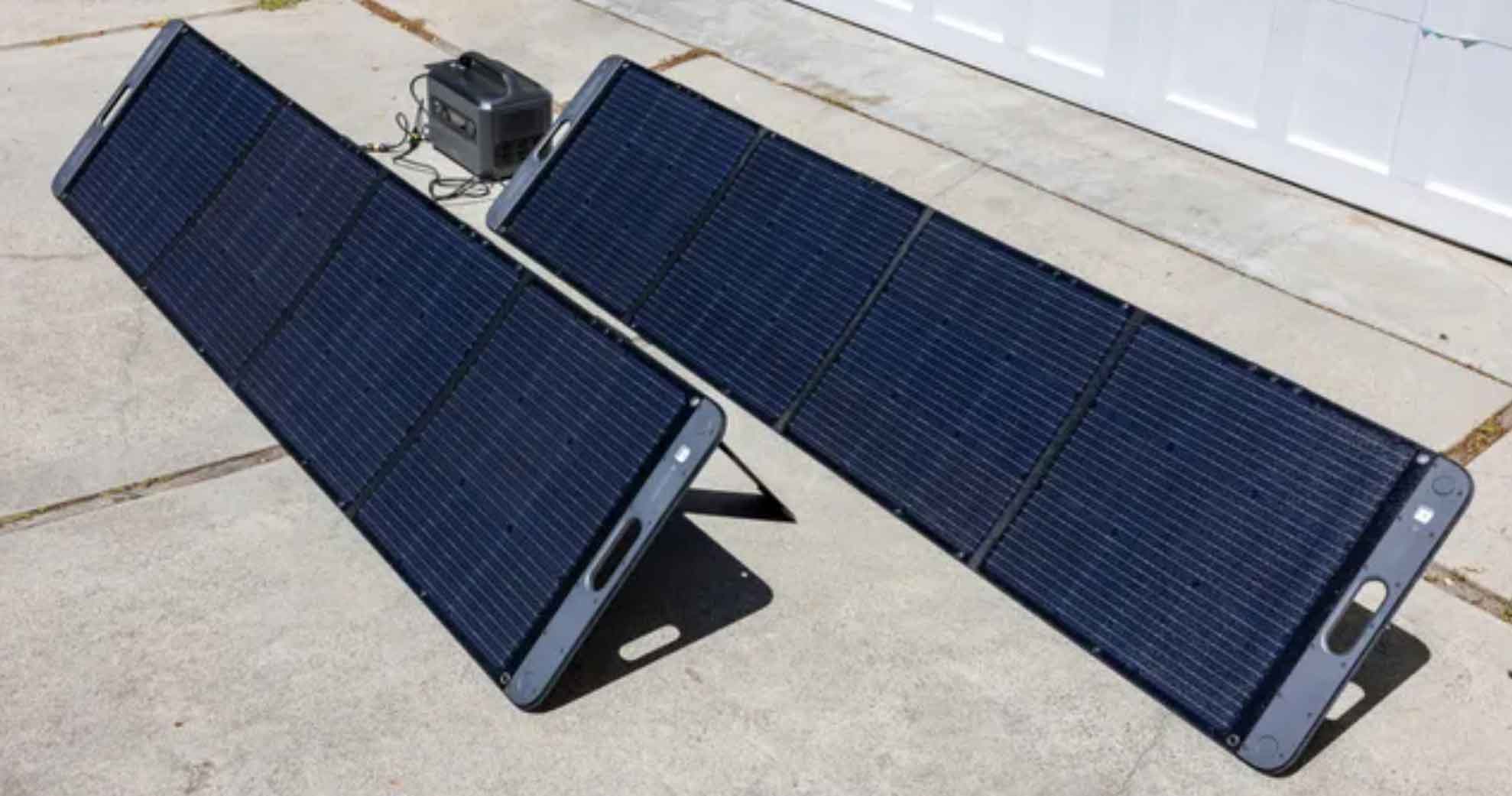
Harnessing the power of the sun with portable solar panel is a smart and eco-friendly way to generate electricity for various needs, especially when you’re off the grid. Here’s a guide to help you understand and choose the right portable solar panel for your needs:
- Understand the Basics: Portable solar panel convert sunlight into electricity using photovoltaic cells. They are lightweight, foldable, or compact, making them ideal for camping, RVing, hiking, or as a backup power source.
- Types of Portable Solar Panel: There are mainly three types of solar cells used in portable panels – monocrystalline, polycrystalline, and thin-film. Monocrystalline panels are more efficient but expensive, polycrystalline are less efficient and cheaper, and thin-film panels are flexible and lightweight but have the lowest efficiency.
- Power Output: This is measured in watts, and it dictates how much power the panel can generate. The higher the wattage, the more power it can produce. You need to consider what devices you will be charging and their power requirements.
- Portability and Size: If you’re a hiker or backpacker, you’ll want a lightweight and compact panel. For RVs or camping, you might opt for larger panels with higher wattage. Portability is key, so look for foldable or slim-profile panels.
- Durability and Weather Resistance: For outdoor use, choose portable solar panel that are weather-resistant. Some panels are water-resistant or have protective casings to shield them from the elements.
- Extra Features: Some portable solar panel come with additional features like built-in battery banks, USB ports for direct device charging, or integrated stands for easy setup.
- Compatibility with Devices: Ensure the panel you choose is compatible with the devices you plan to charge. Check the connectors and voltage compatibility.
- Price: The cost can vary based on the panel’s efficiency, size, and additional features. While more efficient panels are expensive, they might be a better long-term investment.
- Ease of Use: Look for panels that are easy to set up and use. Features like magnetic closures, easy-to-carry handles, and simple connection options can make a big difference in usability.
- Environmental Impact: Using portable solar panel is an eco-friendly option as it reduces reliance on fossil fuels and decreases carbon footprint.
When purchasing a portable solar panel, it’s important to balance your power needs with portability, durability, and price. Be sure to check out the latest models and reviews to find a panel that suits your specific requirements. Remember, investing in a good quality portable solar panel can offer freedom and convenience while helping the environment.
